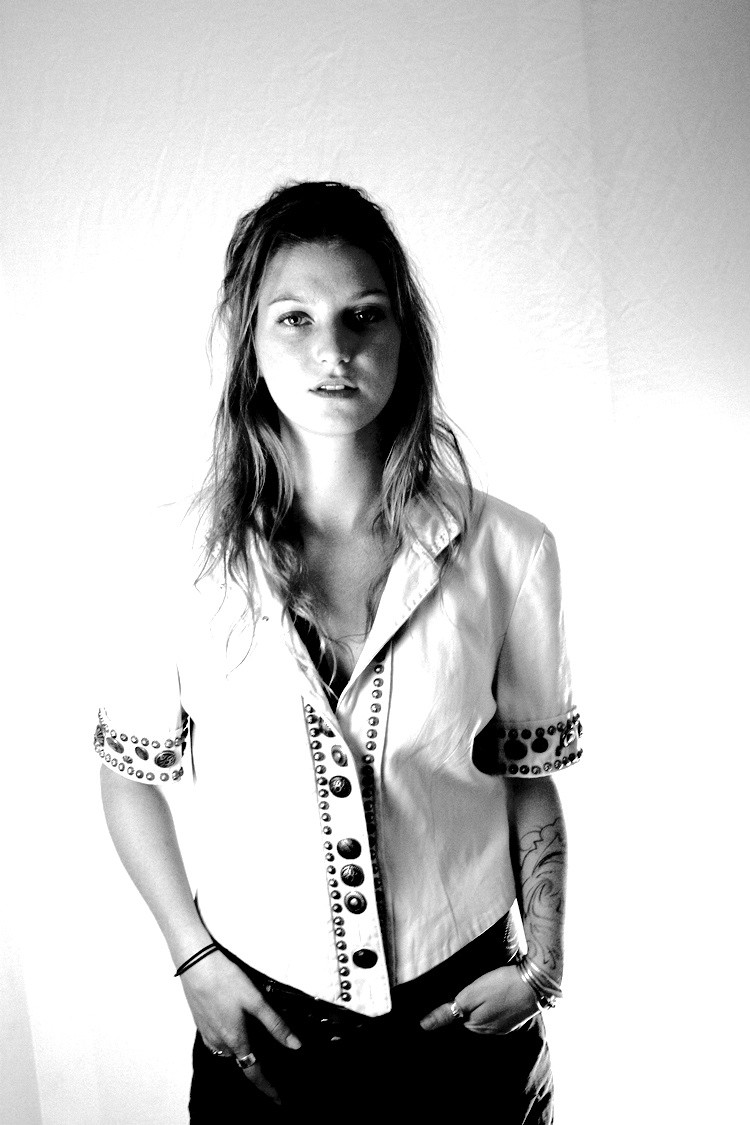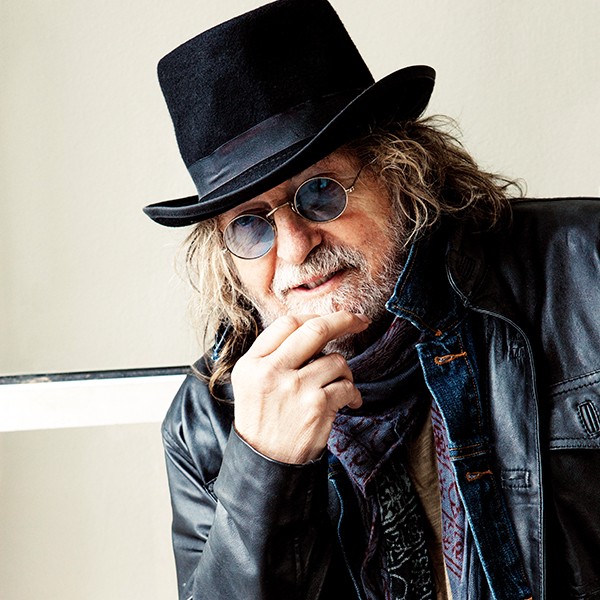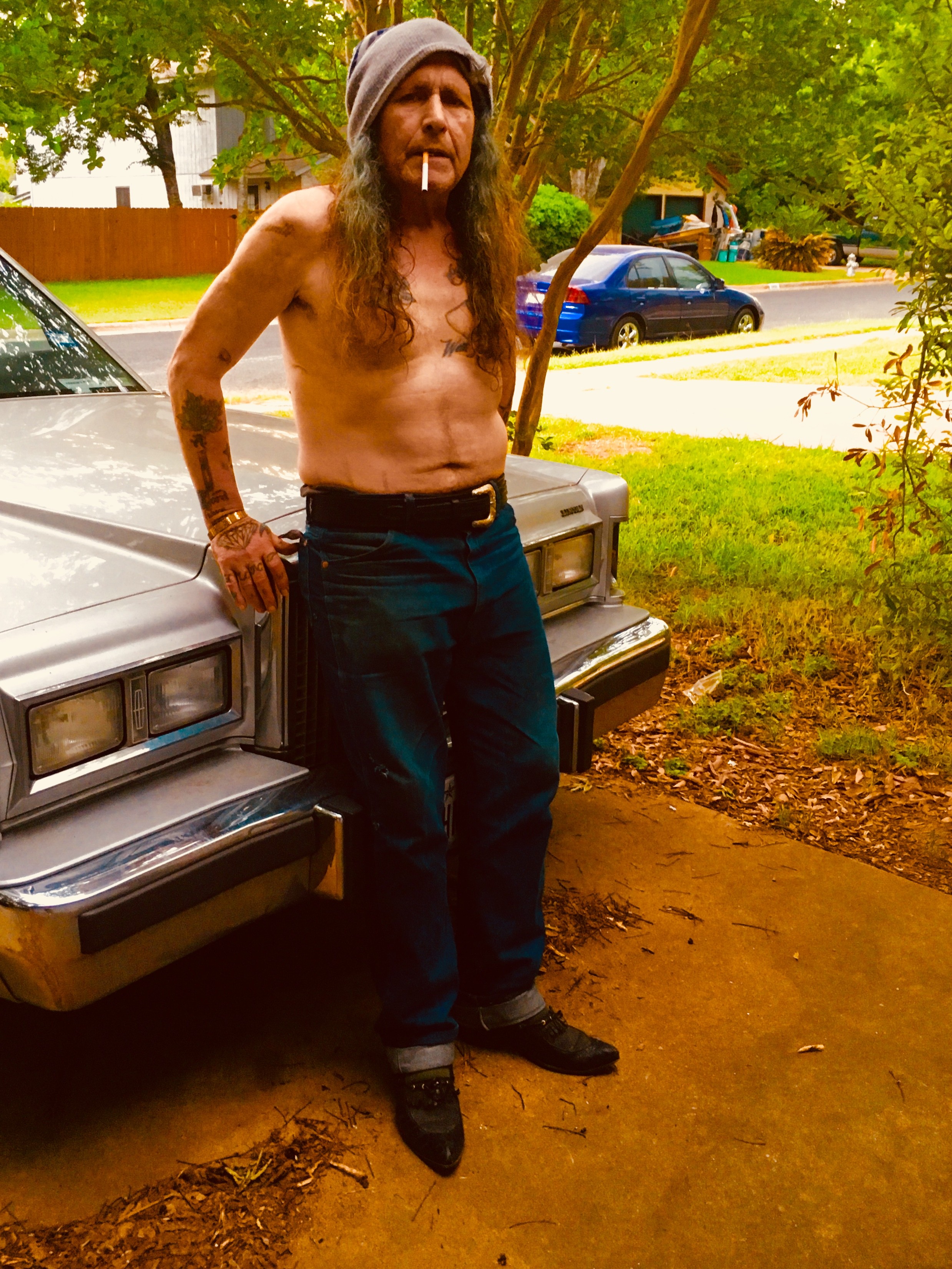Everyone knows what a music hub Austin is, and how diverse its scene(s) can be. But fewer are hip to the ties that bind Austin and Memphis together. They go way back, and only seem to be getting stronger in recent years. Will Sexton moved here some years ago, and we now host Dale Watson as well, but they are only the most visible signs of the long standing networks connecting Memphis musicians with our Texan friends, and vice versa.
This weekend, we can feel, see, and hear those connections, as three Austin-area artists appear on the same day.

Carson McHone
For an early start to your weekend’s end, get thee to the Memphis Music Mansion before 7:00 pm. The historical “music inn” offers a characteristically intimate show with rising star Carson McHone, who comes to Memphis with Tim Regan’s endorsement. Regan, as most Flyer readers know, is in the band Snowglobe, though he himself is now an Austinite. When he joined Spiral Stairs at Growlers a year ago, McHone opened with duet performances of her emotionally bare songwriting and captivating voice. Now’s a chance to hear her solo, with her singing now front and center. With echoes of Gillian Welch, she has a unique ability to convey loss and longing.
Here’s an episode of Texas Music Scene TV that focuses on McHone’s songwriting. Get your tickets to the Memphis Music Mansion show soon, as seating is limited and only advance sales are offered.
Hunt Sales, Ray Wylie Hubbard, & Carson McHone: Austin Pays Memphis a Sunday Visit (2)
Ray Wylie Hubbard

Also hailing from (near) Austin is an old favorite of Memphis music lovers, Ray Wylie Hubbard. Hubbard, by the way, is a Carson McHone fan, saying that she “writes songs like her life depends on it.” That could be said of Hubbard himself, and he’s garnered many fans in this area, especially as he’s nurtured a more down and dirty approach to songwriting in the past decade or so. While he still brings a strong folk troubadour game, his fondness for North Mississippi blues also rings true, especially on tunes like “Jesse Mae,” his ode to Jesse Mae Hemphill. You can hear his version of Austin/Memphis cross fertilization Sunday as well, at the Levitt Shell’s Orion Free Music Concert Series.

Hunt Sales
And finally, representing perhaps the most fruitful cross-pollination of all, there will be a rare performance by Hunt Sales at Bar DKDC Sunday night at 10:00. Relatively rare, that is: Lately, Sales has been showing up more and more. After making a name for himself playing with Iggy Pop (drumming on “Lust for Life”) and David Bowie (Tin Machine), among others, Sales has approached music in a more personal way of late. As he recently told Beale Street Caravan, “All I’ve been doing for all these years is sitting in rooms and writing music. Playing a gig here and there. I’m not one of these people that’s totally driven. Whether anyone hears it or not, that’s not why I do it. It’s all about the work.”
It was his friend Will Sexton who brought him here. “I’ve been working out of Memphis quite a bit this last year,” says Sales. “And Memphis reminds me of being a child. It takes me back to a time in my life when I was developing. Memphis has been great. Seriously. It’s been a new chapter of my life.”
As Art Edmaiston, who has been playing sax with Sales, explains, “Hunt met Bruce Watson (Fat Possum Records/Big Legal Mess) through Will Sexton while tracking at Bruce’s Delta Sonic Studio downtown. Bruce was so impressed with Hunt’s drumming that he offered Hunt a chance to return with his band and record a couple singles for Big Legal Mess. Well, Hunt showed up a couple weeks later and had something like six or seven tunes that were all popping, and he cut them all in one afternoon with his trio.”
But Sales, who is deeply grounded in powerful jazz drumming and old school R&B, wanted more than just a trio with his Austin cohorts, so he called up Edmaiston, Jim Spake (sax), and Pat Fusco (keys) to fill out the record. Edmaiston explains, “After keys were added, me and Jim show up and begin to lay down some ‘straight pipes on a Harley’-sounding duel saxophone parts, that we layered a few times until you’d think the Four Horsemen of the Apocalypse were actually Junior Walker, Arnett Cobb, Lee Allen and Big Jay McNeely! I mean, this stuff sounds big and wet and nasty….And Hunt had all the ideas for the parts. He dictated them exactly to Spake and myself, and boom – here it is.”
Edmaiston is rather excited by the new record, “The rhythm tracks range from a Link Wray vibe to something Little Richard would lay down if he had two Marshall Stacks. It’s rock and roll from the hip and hits you in your heart while it’s kicking you in the ass. We had a ball! Bruce loved it so much, he invited Hunt back to cut some more tunes and make a full length record.”
Sales emphasized to Beale Street Caravan that his latest excursions to Memphis have been revelatory. “The music is great, I make great music there. I run into great musicians. The people there are sincere. The diversity of Memphis has got soul. Memphis has got soul, deep. Just send me to Memphis and put some of that rub on that chicken there, and put me in the studio or on a live gig with some of them great musicians. And I am in heaven.”
Austin comes to Memphis on June 24: Carson McHone plays the Memphis Music Mansion at 7:00. Ray Wylie Hubbard plays the Levitt Shell at 7:30. And Hunt Sales plays Bar DKDC, with soul-jazz openers L.A.P.D., starting at 10:00.